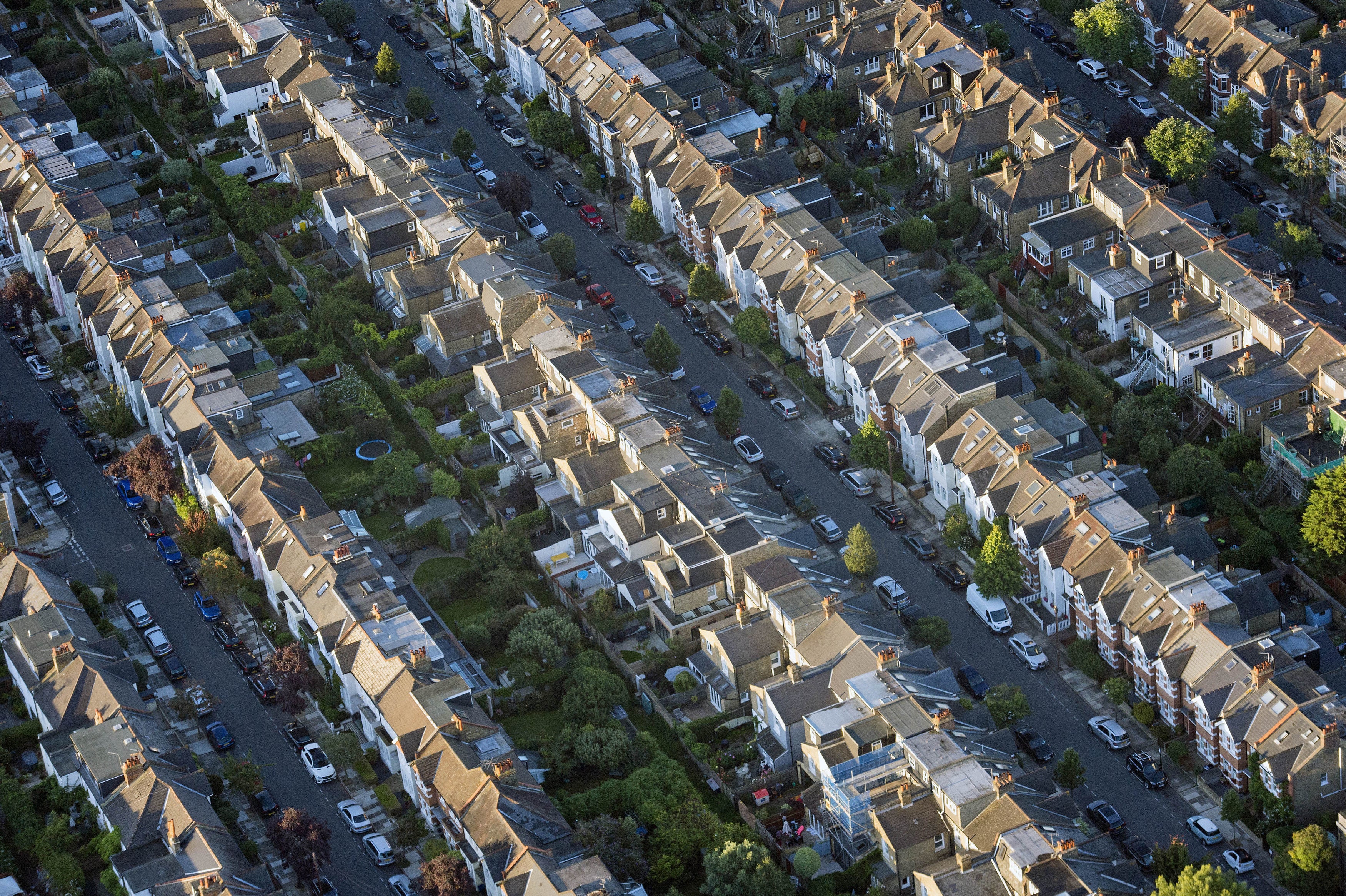Number of home-owners in early mortgage arrears lower than pre-pandemic levels
Payment holidays for those affected financially by coronavirus have helped borrowers finding themselves in early arrears to pay the money off.

Your support helps us to tell the story
From reproductive rights to climate change to Big Tech, The Independent is on the ground when the story is developing. Whether it's investigating the financials of Elon Musk's pro-Trump PAC or producing our latest documentary, 'The A Word', which shines a light on the American women fighting for reproductive rights, we know how important it is to parse out the facts from the messaging.
At such a critical moment in US history, we need reporters on the ground. Your donation allows us to keep sending journalists to speak to both sides of the story.
The Independent is trusted by Americans across the entire political spectrum. And unlike many other quality news outlets, we choose not to lock Americans out of our reporting and analysis with paywalls. We believe quality journalism should be available to everyone, paid for by those who can afford it.
Your support makes all the difference.The number of households in the early stages of arrears on their mortgage is now lower than before the coronavirus pandemic started.
Some 26,560 home-owner mortgages were in early arrears, equating to between 2.5% and 5% of the outstanding balance, in the second quarter of 2021.
The total was down by 5% on the previous quarter, and a 7% decrease compared with the same period in 2020, according to trade association UK Finance
It said payment holidays for those affected financially by coronavirus have helped borrowers finding themselves in early arrears to pay the money off.
Its report said: “These actions resulted in an overall decline in early home-owner arrears over the course of 2020, with the number of cases in quarter two 2021 remaining lower than the number of cases before the Covid-19 pandemic began.”
The mortgage payment deferral scheme continued to help customers throughout quarter two 2021, resulting in a decline in early arrears on the previous quarter and lower levels than before the pandemic began
Mortgage arrears are currently moving on “twin tracks” – with Covid-19 related support helping some customers to stay out of arrears, while those who were already in financial difficulty before the pandemic have continued to build up debts, the report said.
The winding down of the furlough scheme may have an impact on the overall decline in people falling behind, but, as lenders continue to offer forbearance, it is anticipated that early arrears will increase at a gradual pace, UK Finance said.
Eric Leenders, managing director of personal finance at UK Finance, said: “The mortgage payment deferral scheme continued to help customers throughout quarter two 2021, resulting in a decline in early arrears on the previous quarter and lower levels than before the pandemic began.
“The scheme has now come to an end and the majority of customers who used it have now returned to making regular payments.
“There is ongoing support for anyone who is still struggling, including tailored assistance, and any customer who is concerned about their finances should contact their lender early to discuss the options and tailored support available to them.”
The figures also showed there were 27,910 home-owner mortgages with more significant arrears, representing 10% or more of the outstanding balance. This was an increase of 630 on the previous quarter.
This figure has slowly increased since the first quarter of 2020, but from a low base, UK Finance said.
It added that this increase is largely driven by customers with more complex circumstances who had several missed payments before the pandemic.
These borrowers may have made full use of six-month payment holidays and are most likely receiving or need tailored support from lenders, UK Finance said.
Customers facing financial difficulty are encouraged to contact their lender early, as lenders are ready to help, it added.
Just 210 home-owner mortgaged properties and 230 buy-to-let mortgaged properties were repossessed in the second quarter of 2021.
Involuntary repossessions were paused between March 2020 and April 1 2021, due to the impacts of the coronavirus pandemic.